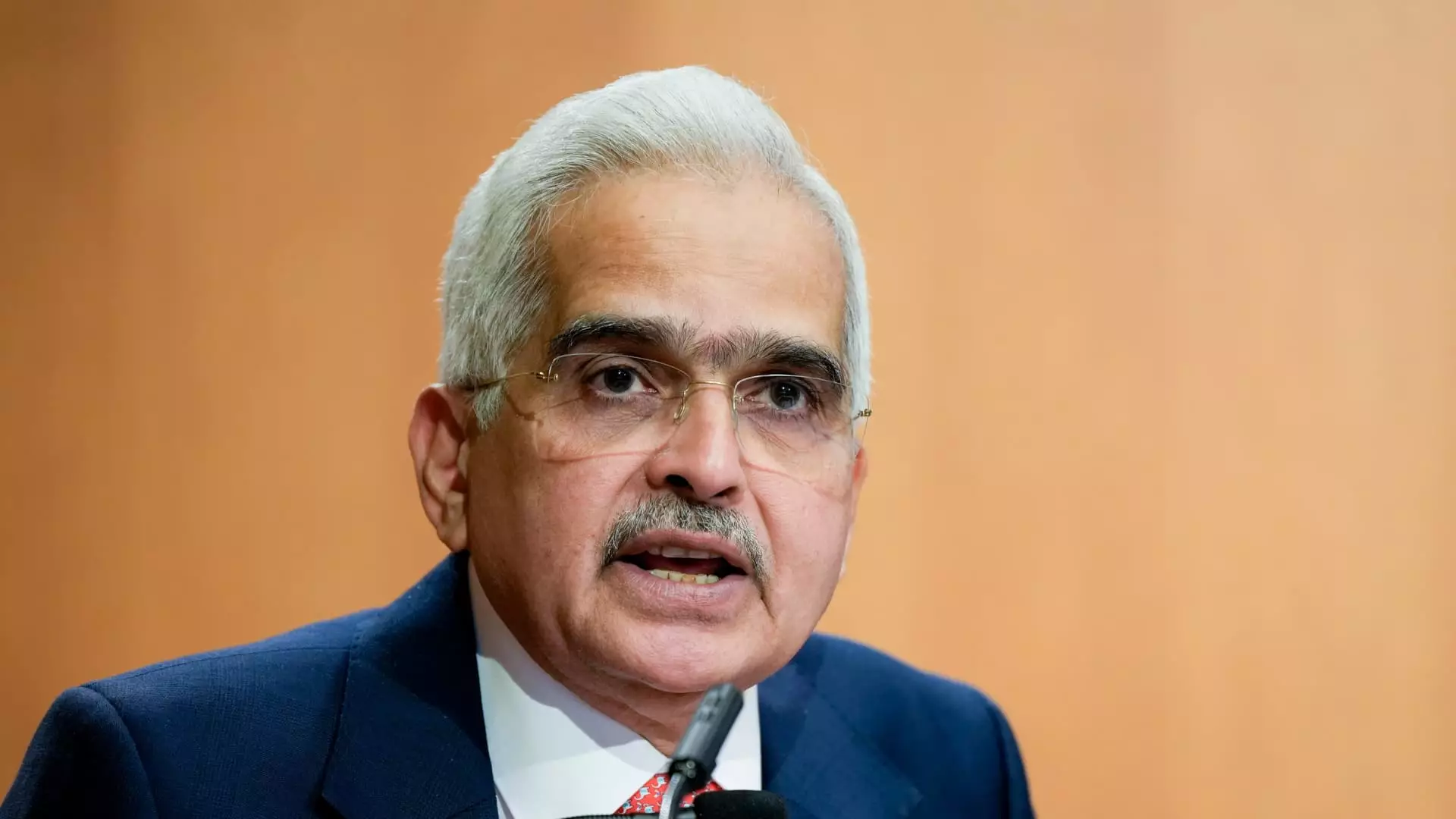In an era marked by myriad economic challenges and geopolitical uncertainties, the role of central banks has been pivotal in steering national economies towards stability. Recently, Shaktikanta Das, the Governor of the Reserve Bank of India (RBI), addressed these dynamics at the CNBC-TV18 Global Leadership Summit in Mumbai. His comments shed light on the ongoing struggles of global economies to maintain growth while bracing for potential inflationary pressures.
Global Economic Climate: A Soft Landing or Looming Turbulence?
Das articulated a sense of cautious optimism, suggesting that central banks have successfully navigated through “continual and unprecedented shocks,” delivering what he described as a “soft landing.” However, he pragmatically pointed out that this cushioned descent is threatened by multiple factors, including geopolitical tensions, commodity price fluctuations, and the ramifications of climate change. Despite the apparent success of monetary policy measures, the resurgence of inflation poses a persistent risk, indicating that the economic landscape is far from stable.
The complexities of today’s economy are further illustrated by contrasting trends within global markets. For example, despite the Federal Reserve’s recent interest rate cuts, the U.S. dollar has appreciated, reflecting investors’ confidence in the economy. This paradox highlights the interconnectedness of national economies and the intricate influences at play, making it difficult to predict long-term outcomes based solely on domestic policies.
The geopolitical climate significantly impacts financial markets and economic forecasts. Das pointed to ongoing geopolitical conflicts and the rise of geoeconomic fragmentation, which are creating headwinds for economic growth. The increasing volatility in commodity prices, particularly for oil and gold, further emphasizes this point. Interestingly, while gold and oil typically follow similar trajectories, they have recently diverged, suggesting that market dynamics are shifting in response to external pressures.
Moreover, the potential return of Donald Trump to the presidency has sparked debates about future U.S. economic policy, particularly regarding trade tariffs and immigration. The implications of such policies could exacerbate inflation in the long term, complicating the Federal Reserve’s ability to adjust interest rates without adverse effects on economic growth.
In contrast to the challenges highlighted by Das, he expressed a strong belief in the resilience of the Indian economy. Despite global uncertainties, India continues to exhibit robust growth, with predictions indicating that inflation will moderate despite anticipated fluctuations. The nation’s ability to withstand the turbulence of recent years is attributed to a combination of sound monetary policies and structural economic reforms.
However, the RBI’s decision to maintain the key interest rate at 6.5% in October has sparked discussions among Indian policymakers. Piyush Goyal, the Union Minister of Commerce, echoed calls for the central bank to adjust interest rates to stimulate further economic growth. His remarks underline a critical balance that must be struck between sustaining growth and managing inflation, especially as the country aspires to elevate its status as a global economic leader.
The global economic environment remains fragile, characterized by rising inflation risks and geopolitical tensions. However, the proactive stance of central banks like the RBI provides a framework for resilience amidst uncertainty. Consistent dialogue among policymakers, including the need for potential monetary policy adjustments, will be crucial in navigating the complexities of the current landscape.
As economies across the globe contend with these challenges, the emphasis should remain on fostering cooperative strategies that enhance economic stability and growth. With vigilant monitoring and adaptive measures, central banks might well pave the way for a sustainable recovery trajectory, countering the threats posed by inflation and other destabilizing factors. The alignment of policy measures and economic aspirations will ultimately dictate the success of nations in this unpredictable arena.


Leave a Reply